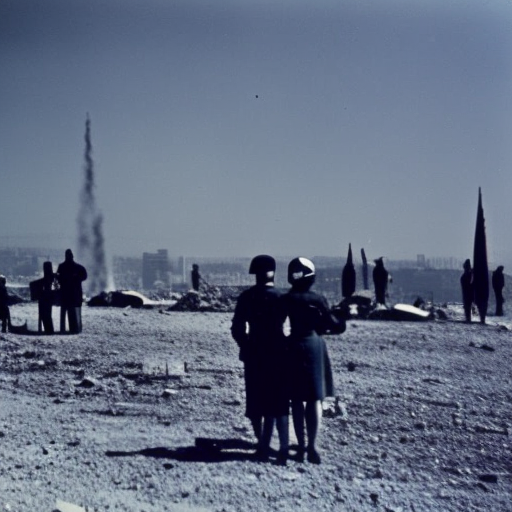NATO Bombing of Yugoslavia: A Summary
The NATO bombing of Yugoslavia, also known as Operation Allied Force, was a military intervention carried out by the North Atlantic Treaty Organization (NATO) against the Federal Republic of Yugoslavia (FRY) from March 24 to June 10, 1999. The intervention was in response to the ongoing conflict in Kosovo, a province of Yugoslavia, where ethnic Albanians were seeking independence.
Background
The conflict in Kosovo had been escalating since the early 1990s, with tensions between the ethnic Albanian majority and the Serbian government. The Serbian government, led by President Slobodan Milosevic, had implemented repressive policies against the Albanian population, leading to widespread human rights abuses.
Trigger for NATO Intervention
In early 1999, negotiations between the Serbian government and the Kosovo Liberation Army (KLA), an Albanian separatist group, broke down. The KLA launched an offensive against Serbian security forces, prompting a brutal crackdown by the Serbian military. The escalating violence and humanitarian crisis in Kosovo led to calls for international intervention.
NATO’s Objectives
NATO’s primary objective was to halt the violence and protect the civilian population in Kosovo. The alliance demanded that the Serbian government withdraw its forces from the province and allow the deployment of an international peacekeeping force. When diplomatic efforts failed to achieve these objectives, NATO decided to launch a military campaign.
The Bombing Campaign
NATO launched a sustained air campaign against Yugoslavia, targeting military and strategic infrastructure. The bombing campaign aimed to degrade the Serbian military’s ability to carry out operations in Kosovo and put pressure on the Milosevic regime to negotiate a settlement.
Controversies and Criticisms
The NATO bombing campaign faced significant controversies and criticisms. Some argued that the intervention violated international law, as it was conducted without the approval of the United Nations Security Council. Others criticized the civilian casualties caused by the airstrikes and questioned the effectiveness of the campaign in achieving its objectives.
End of the Conflict
After 78 days of bombing, NATO and the Serbian government reached an agreement. The Milosevic regime agreed to withdraw its forces from Kosovo, and an international peacekeeping force, known as KFOR, was deployed to the province. The conflict officially ended on June 10, 1999.
Legacy and Impact
The NATO bombing of Yugoslavia had significant political and humanitarian consequences. It marked the first time in NATO’s history that the alliance had conducted a sustained military campaign without the approval of the UN Security Council. The intervention also raised questions about the limits of state sovereignty and the responsibility of the international community to protect civilians in conflicts.
Conclusion
The NATO bombing of Yugoslavia was a military intervention aimed at halting the violence and protecting the civilian population in Kosovo. The bombing campaign, although controversial, eventually led to the withdrawal of Serbian forces from Kosovo and the deployment of an international peacekeeping force. The conflict highlighted the complexities of international intervention and the challenges of balancing state sovereignty with the responsibility to protect civilians in conflicts.












